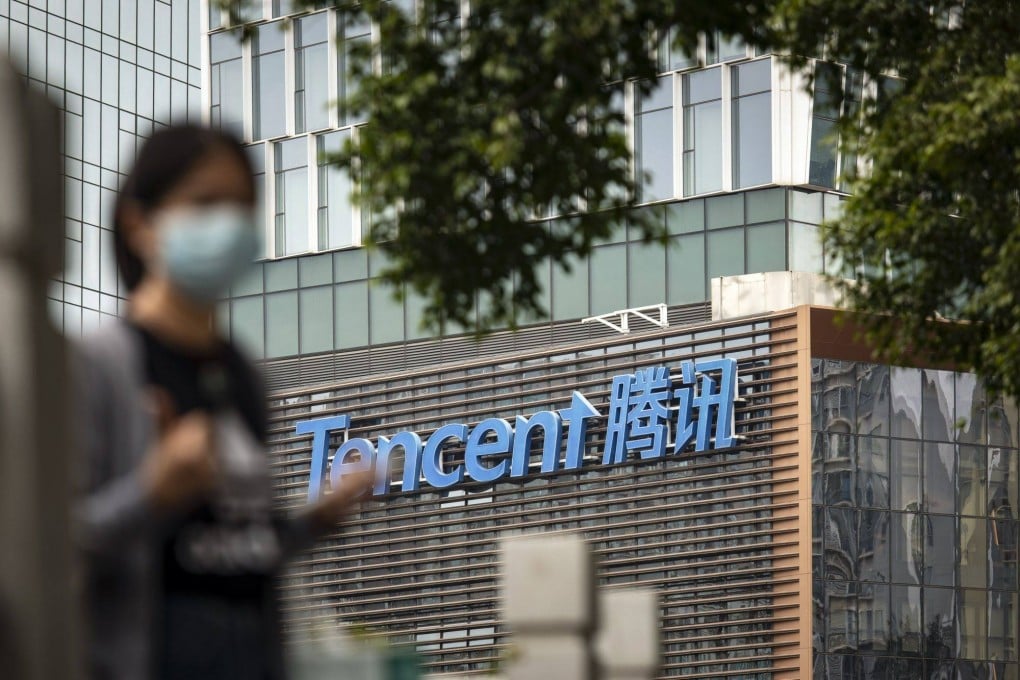Climate change: Tencent chooses Chinese carbon capture and removal start-ups to receive US$13.9 million in funding
- The company’s CarbonX programme, which finances new technologies that support China’s quest for net zero by 2060, announced 13 winners on Thursday
- Once commercialised, each technology has the potential to eradicate 100 million metric tons of carbon dioxide emissions every year, Tencent estimates

Chinese tech behemoth Tencent is extending around 100 million yuan ($13.9 million) to fund technologies that prevent carbon dioxide emissions and suck the greenhouse gas from the atmosphere in a decarbonisation move that looks beyond solutions such as renewable energy and electric vehicles (EVs).
“Renewable energy, electric vehicles, and nature-based solutions are all examples of such bright spots,” said Xu Hao, Tencent’s vice-president of sustainable social value and head of Tencent’s Carbon Neutrality Lab, in an article published on Thursday, referring to conventional green technologies. “However, these solutions will not be enough.”
He was expressing support for carbon capture, utilisation, and storage (CCUS) technologies, which collect carbon dioxide (CO2) coming out of a facility before it enters the atmosphere, and carbon removal or carbon drawdown, a technique which captures from the atmosphere.
Once commercialised, each technology has the potential to eradicate 100 million metric tons of carbon dioxide emissions every year, equivalent to taking 20 million gas-powered cars off the road, Tencent estimates.

The company’s CarbonX programme, an initiative launched in March last year to identify and nurture new technologies that support China’s quest for net zero by 2060, evaluated 300 applications and announced 13 first winners on Thursday that will receive financial and advisory support. Some of these winners will collaborate with Tencent’s industry partners to test their solutions in real-world settings.
“To pave the path for a greener economy, we must champion the development of cutting-edge low-carbon technologies,” said Jerry Yan, chair professor of the Hong Kong Polytechnic University and co-chair of the CarbonX expert committee, in a statement on Thursday. “Just as solar and wind power were nurtured in their infancy, emerging solutions like CCUS and tech-based carbon removal demand our early support.”